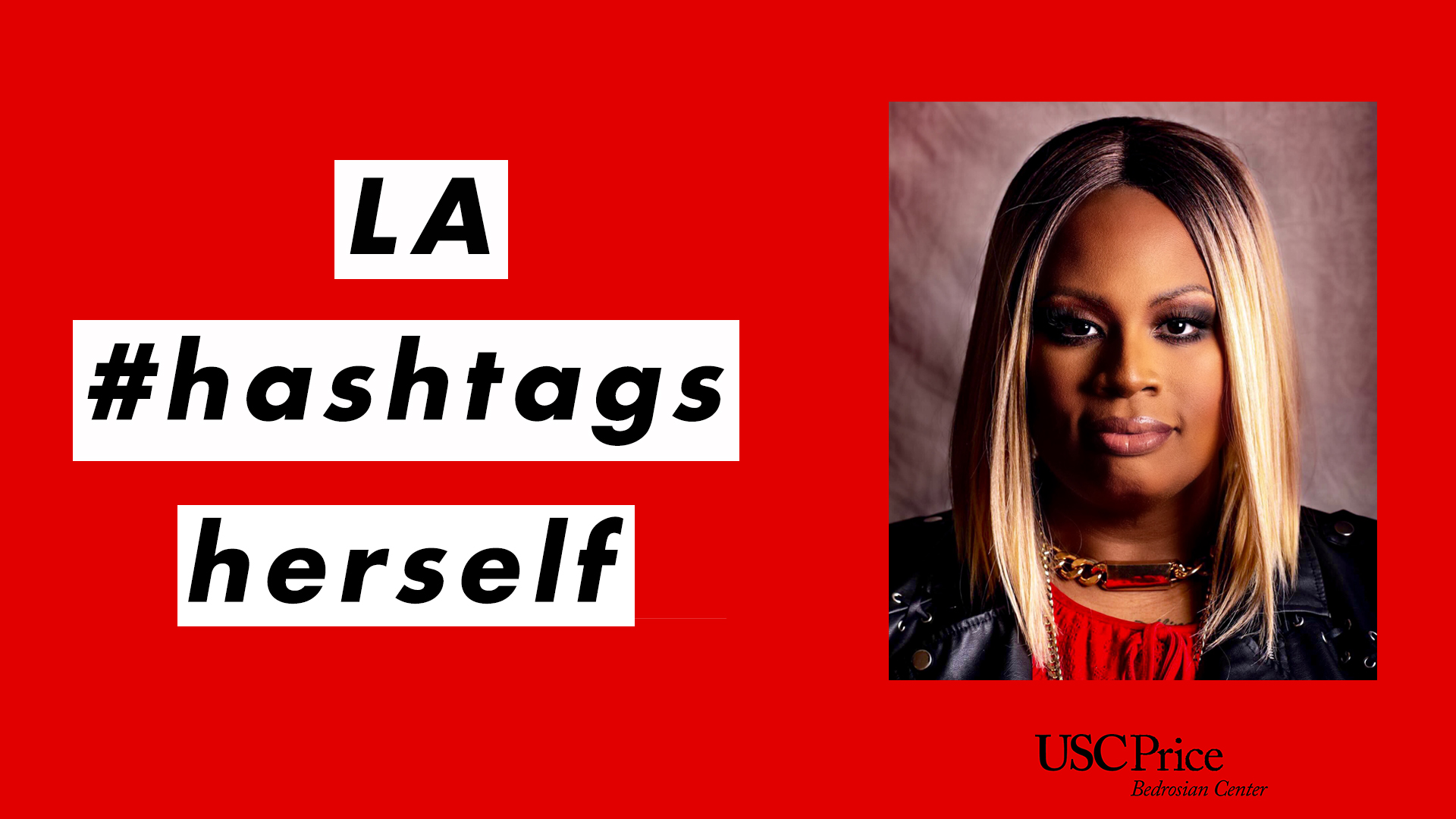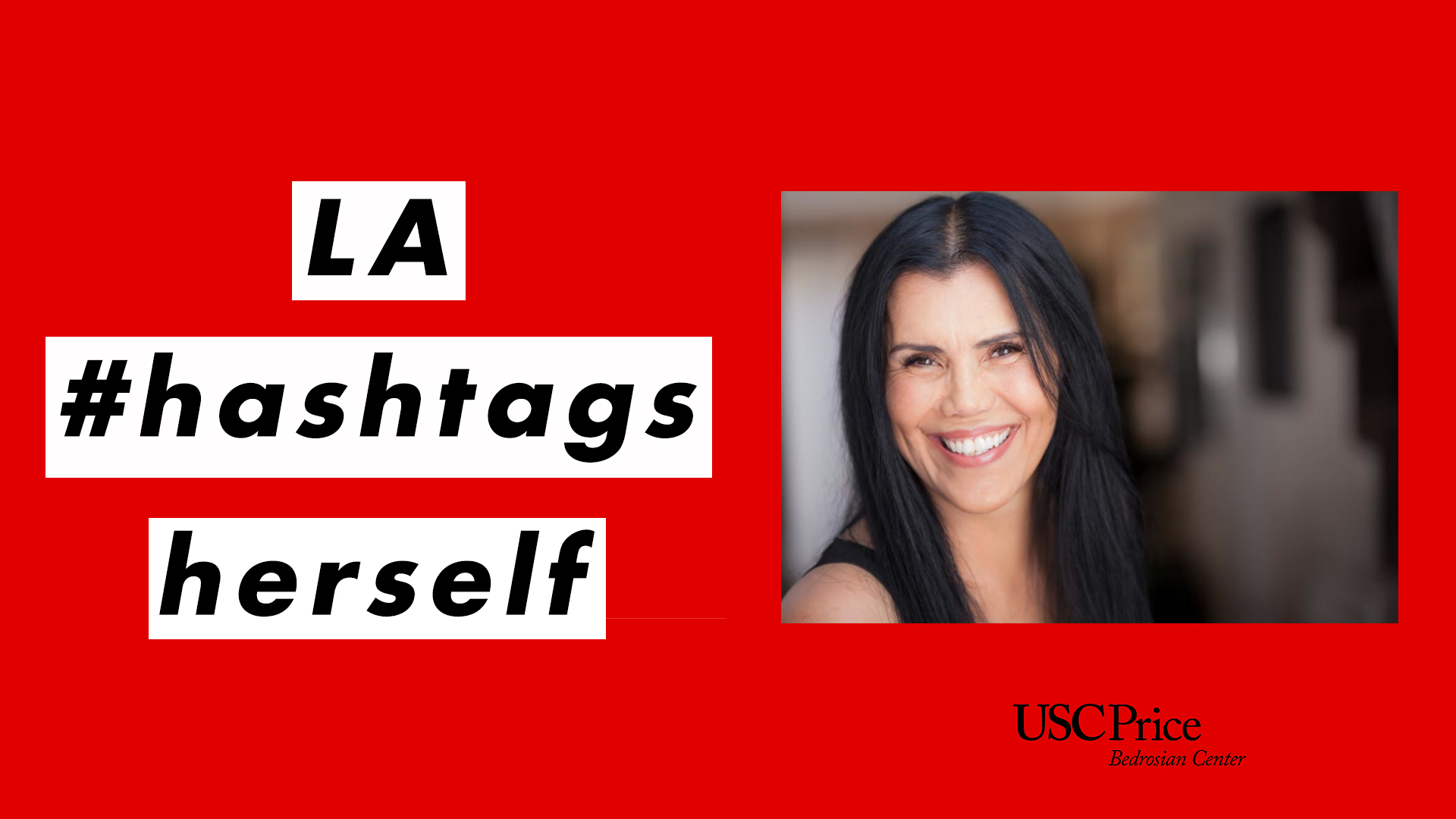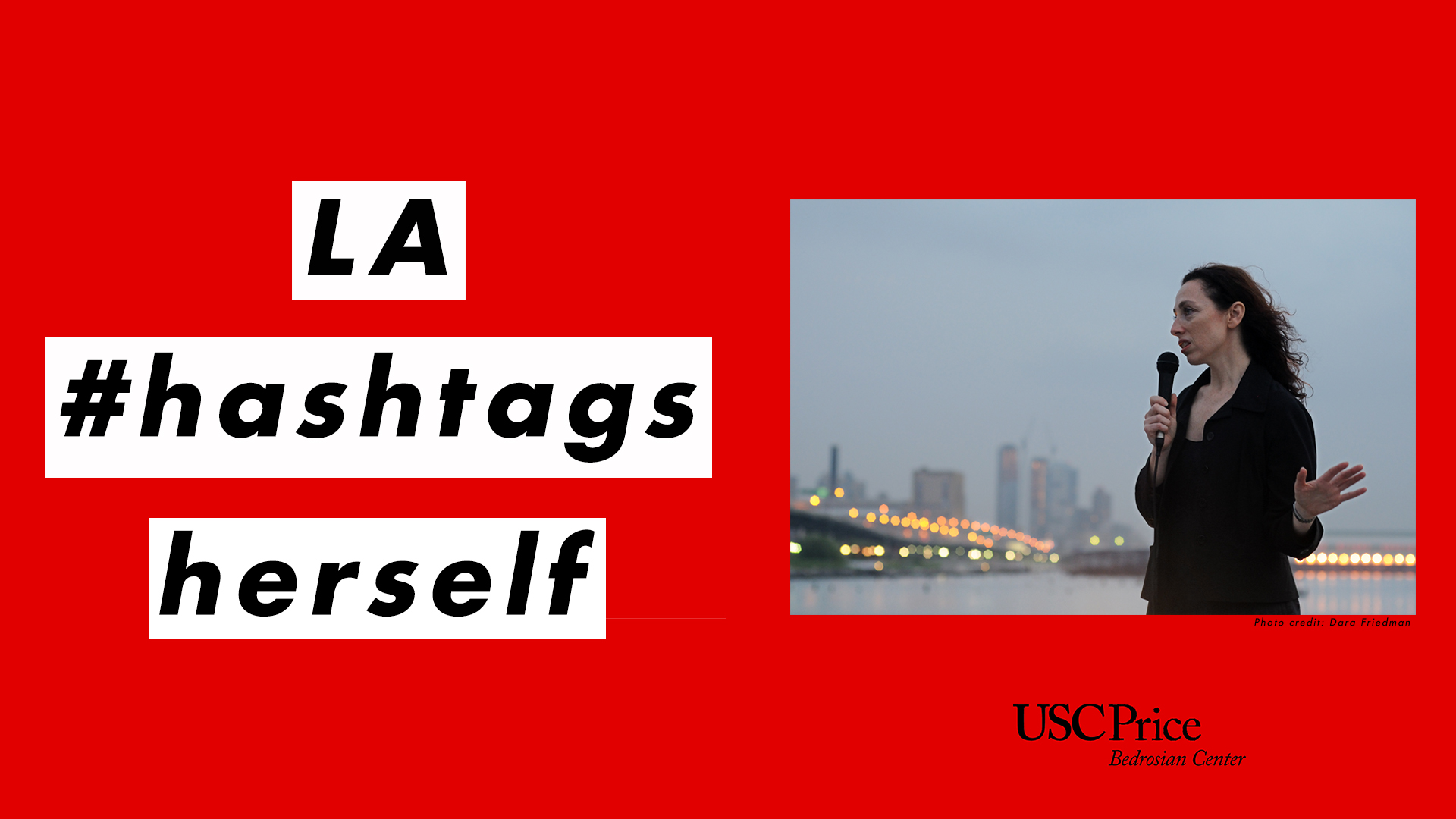All your health and fitness data, and one woman who mines it
Donna Spruijt-Metz, MFA, PhD, is the director of the USC mHealth Collaboratory at the USC Dornsife Center for Economic and Social Research. Donna researches ways of using smartphones and other Internet of Things platforms to take individuals’ temporally dense, context-specific data, such as mood and eating behaviors, from individuals and devise just-in-time interventions to address obesity. Why do she and her colleagues do this, and what happened to dietary intake? For the latter, be honest. When was the last time you remembered everything you ate and the precise amounts? For the former, because mHealth technologies make this strategy possible. They can collect literally terabytes of data about your physical and emotional states, which, to Donna’s view, we should analyze and use to improve long-term health outcomes. Thus, recalling our season’s themes of preservation, resistance, healing, and transformation, applied mHealth technologies can help heal.
They harken transformation, too. When we talk about information and communication technologies’ implications for research, we often think in terms of Big Data and what it can tell us about the flows of people and things (think Amazon’s logistics algorithms). But mHealth technologies also concern Small Data, which can help us to understand individual health-related behaviors in real time, and, possibly, support us in making better decisions for ourselves. I am a creature of habit. Maybe my phone can help me break me of my bad ones. But as Donna explains, not only should we, “be changing the program to meet the needs of the programs,” but the entire research paradigm, “all has to change. And it will change. Because it has to.” The research requires a minimum of four discrete fields specializations with differing languages and disciplinary goals, technology moves far faster than the typical five-year grant cycle, and the current behavioral model literature cannot account for everything mHealth technologies researchers are learning. It is a lot to think and re-think about.
In a time when society seems to suffer from dystopia fatigue (when else would a Blade Runner reboot qualify as escapism?), it is refreshing to hear things like this: “If we do this right, at the moment that people are losing interest or are losing control or both, we can help them. We can be with them.”
I hope you will enjoy this conversation as much as I did. Many thanks to Donna for joining us in the Price School recording studio and to you, as always, for listening. Leave us a review and tell us what you thought of the conversation on Twitter (Bedrosian, me), Facebook, or email.
Links…
Find out more about the USC mHealth Collaboratory at Dornsife Center for Economic and Social Research, and look at the NSF-funded Building New Dynamic Theories of Human Behavior symposia, of which Donna is a co-founder and -organizer. Check out M2FED, too, Donna’s current project monitoring and modeling family eating dynamics.
In our talk, Donna suggests watching Deborah Estrin’s TEDMED2013 talk, What happens when each patient becomes their own ‘universe’ of unique medical data? and discusses William T. (Bill) Riley et al.’s challenge to the canon, Health behavior models in the age of mobile interventions: are our theories up to the task?, available on the NIH website.
LA#Itself is produced by Aubrey Hicks, Jonathan Schwartz, and myself, and mixed by Corey Hedden. Stream the interview here on this page, or you can download it and subscribe through ApplePodcasts, Soundcloud, or Google Play.



